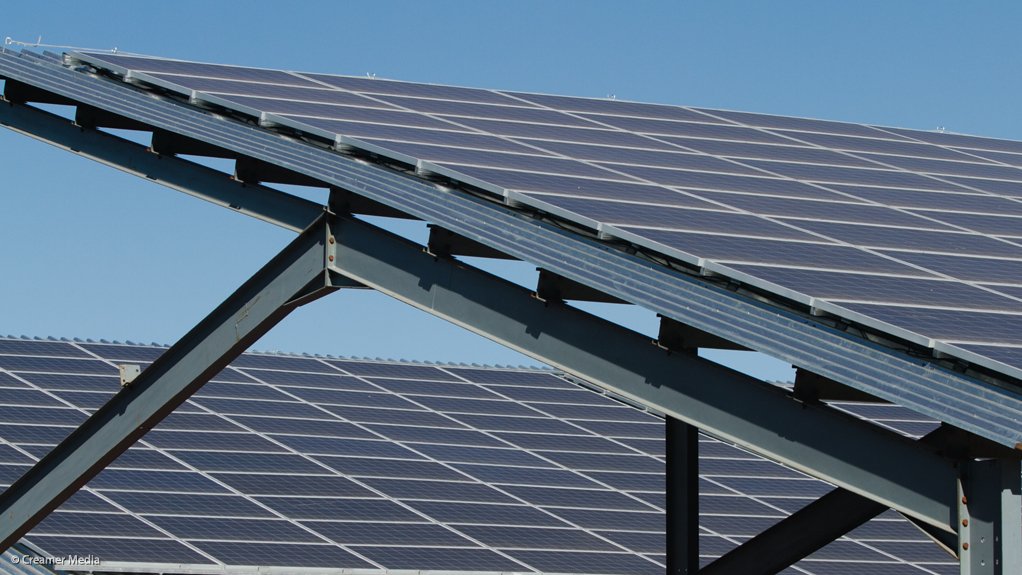The City of Cape Town has taken public transport to the next level with the launch of its first green transport facility.
The Wallacedene taxi rank is the first public transport facility in the country to be regarded as a green building – from its foundation to the rooftop. It is largely self-sufficient in all its energy needs and operates off the electricity grid.
The City’s Mayoral Committee Member responsible for transport, Brett Herron, said: “The city is extremely proud to be at the forefront of combining intelligent architectural design and technology in our effort to improve service delivery to our residents.
“The Wallacedene taxi rank sets the benchmark for future public transport facilities in the country, showcasing the City’s commitment to conservation and innovation.”
The taxi rank uses a rooftop solar photovoltaic (PV) panel system, aligned optimally with the sun, for its electricity generation.
It is equipped with 24 large batteries for the storage of reserve solar electricity to be used at night or on cloudy days.
From the light-emiting diode lights under the roof, to the electronic gates at the entrance and the hydro-boils in the kitchen, everything is powered by this PV system.
It is estimated that the capital cost of the solar installation will be recovered within six to ten years in monthly energy cost savings.
In designing the taxi rank, the city’s architects have also taken into consideration the huge demand for water at this site for the washing of taxis. The use of potable water for car washing is regarded as a waste of resources – from the precious source itself, to the infrastructure and electricity required to filter and pump the water.
The taxi rank was designed to be self-sufficient in meeting its basic water needs. This will be achieved by harvesting rainwater and recycling up to 70% of the water used at this facility through an underground filtering and reclamation system.
Herron said one of the best features of the facility is the manner in which they are using the taxi rank’s ample roof area for harvesting rainwater.
“The rainwater is stored in an underground tank system with a storage capacity of up to 20 000 litres and is equipped with the necessary infrastructure to pump this water to the washing bays.
“We have spent approximately R25-million to build a public transport facility that is safe, secure and decent. The city is certain that the elderly, women, children and people with special needs in particular, will benefit from this new development,” said Herron.
EMAIL THIS ARTICLE SAVE THIS ARTICLE
To subscribe email subscriptions@creamermedia.co.za or click here
To advertise email advertising@creamermedia.co.za or click here











